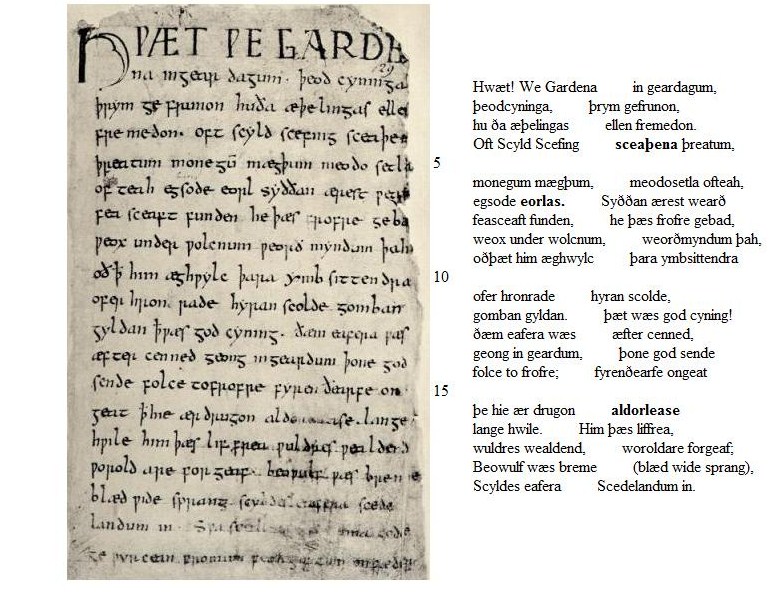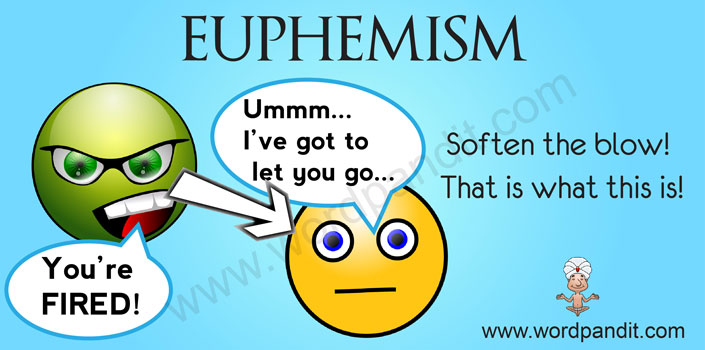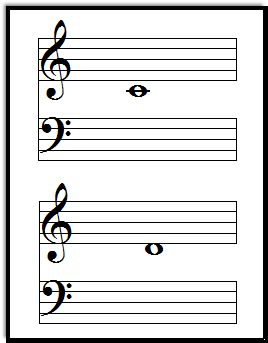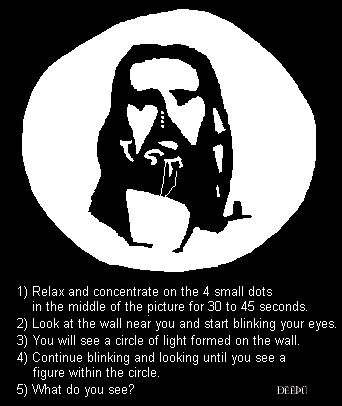By. Anonymous
1. Briefly summarize the plot of the novel you read.
Go Ask Alice is a realistic fiction. This book is in a diary style that is written by unnamed 15-year-old girl. The diarist moved because of her father's job. She goes to a party and she gets drugged, and she loses her virginity. After this party, she becomes worried everyday. With all the stresses, she gets addicted to the drug. She meets college boys who selling drug. She meets with them and sell drugs for them. After realizing that they are using her to earn money,she turn them in to the police and runs away to San Francisco. She finds a job there but soon gets drugged again by the woman she meets there. Diarist misses her family and wants to get away from the drug. She drifts through homelessness, prostitution, hitchhiking, and homeless shelters, before a priest reunites her with her family. Diarist finally is free to of drugs. Now she does not need diary to talk about her problems, she has her family. The epilogue states that diarist found dead in her home three weeks after the final entry, either by an accidental or premediated overdose.
2. Succinctly describe the theme of the novel. Avoid cliches.
The theme of this book is the problems of adolescent identity. Since the diarist was young as fifteen years old, she needed a care from her family. but her family was always busy and they had to move to nuew place because of her parents' job. All of these situations lead the diarist to miserable life by starting the drug. She did not want to start the drug but at the part her friends mader her to do it. In the book the diarist says, "Oh dear god, help me adjust, help me be accepted, help me belong, don't let me be an outcast and a drag on my famil." This shows that she wants to stop her miserable life for her and her parents, it is just too difficult to go through for her age.
3. Describe the author's tone. Include three excerpts that illustrate your point(s).
The tone of this story change over time. Beginningo fthe story, the tone is happy and naive. But after the diarist moves to San Francisco and start taking drug, the tone become gloomy, world-weary, sad and miserable. And then by the end of the story, the tone change to happy and sweet agian.
4. Describe five literary elements/techniques you observed that strengthen your understanding of the theme and/or your sense of the tone. Include three excerpts (for each element) that will help your reader understand each one.
Tone-change over time. happy-sad-miserable-horrify-sad-happy-sad.
Diction- simple, because it is a point-of-view of 15 year old girl.
Mood-Gloomy through out but bright mood comes out in the beginning and the end.
Characters- diarist used to be happy 15 year old girl but she becomes very gloomy person.
Symbolism-diary, she does not have anyone to talk about her problems. Diary symbolize the loneliness of her life.
Style-This is a diary style.
Flashback- She flashback her old, happy memory often to compare her life right now.
CHARACTERIZATION
1. Describe two examples of direct characterization and two examples of indirect characterization. Why does the author use both approaches, and to what end (i.e., what is your lasting impression of the character as a result)?
1. Describe two examples of direct characterization and two examples of indirect characterization. Why does the author use both approaches, and to what end (i.e., what is your lasting impression of the character as a result)?
Diarist is a indirect character because the reader
can find out her characterics by how she acts. Since this is in a diary-style of
novel, she does not directly tell her who she is. We don't even know her
name.
It is hard to choose characters becasue diarist is the only character that appears in the story often. Other charcters are people who appears for little bit to give the diarist hard time.
2. Does the author's syntax and/or diction change when s/he focuses on character? How? Example(s)?
It is hard to choose characters becasue diarist is the only character that appears in the story often. Other charcters are people who appears for little bit to give the diarist hard time.
2. Does the author's syntax and/or diction change when s/he focuses on character? How? Example(s)?
This book is a diary-style so she does not change
her syntax and diction when she focuses on characters. She does not describe
each characters deeply becasue they are not the "main" character in the story.
They appears for little bit.
3. Is the protagonist static or dynamic? Flat or round? Explain.
The protagonist of the novel is dynamic and round.
In the beginning of the novel she was a ordinary bright 15 year old gir. But
after she moves to the place she never been before and she gets into drug, she
becomes gloomy and sad everyday.
4. After reading the book did you come away feeling like you'd met a person or read a character? Analyze one textual example that illustrates your reaction.
I would love to meet the diarist. I feel very sad
about her. She had to go through all these difficulties because she could not
get care from her parents. They were so busy. That is why she made this diary to
talk about her problems. At the end, we know that she died when she finally
finds the happiness of her life. I wish we can go back time and I can meet her
to tell her that I care about her and maybe we can become a great
friend.


















































